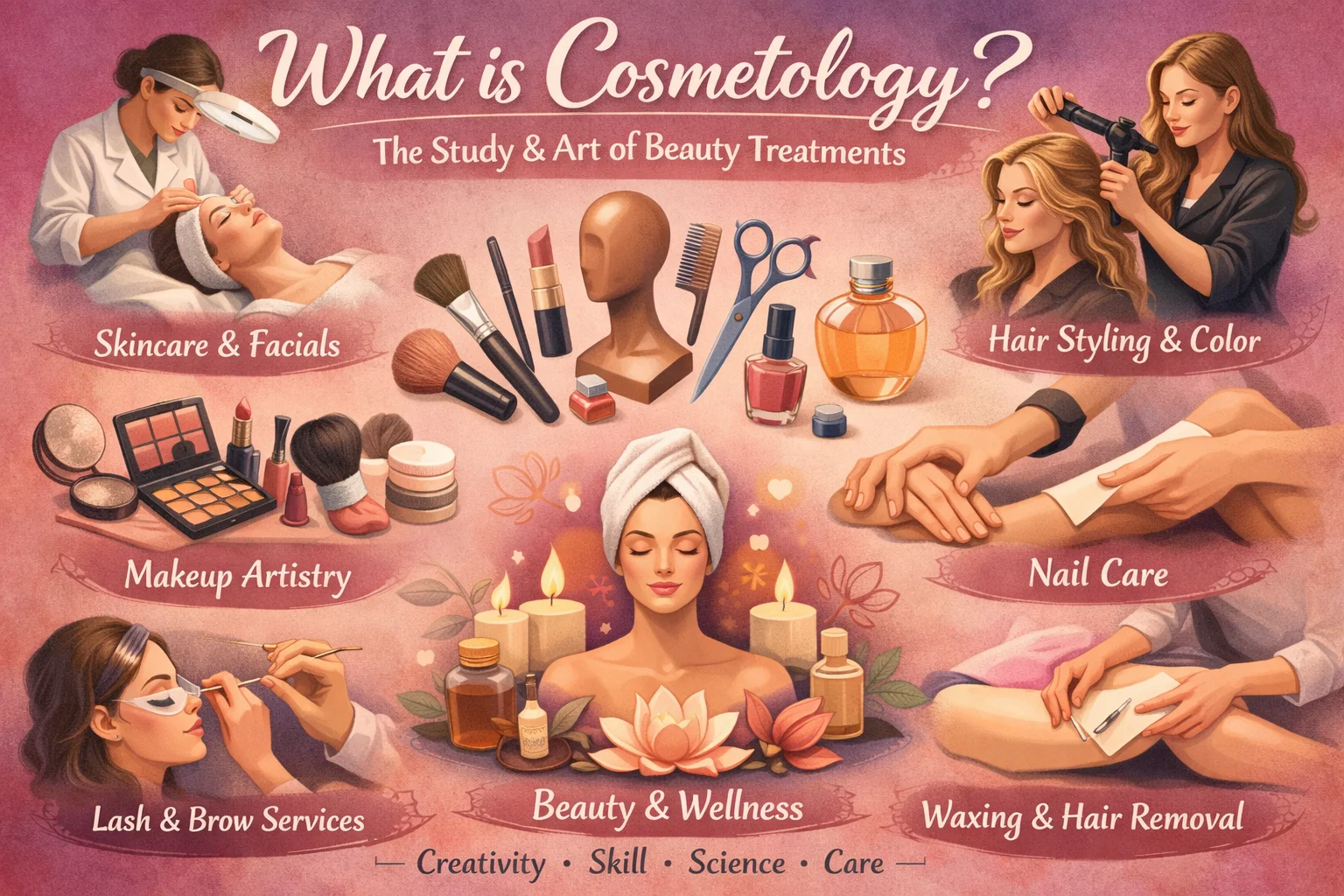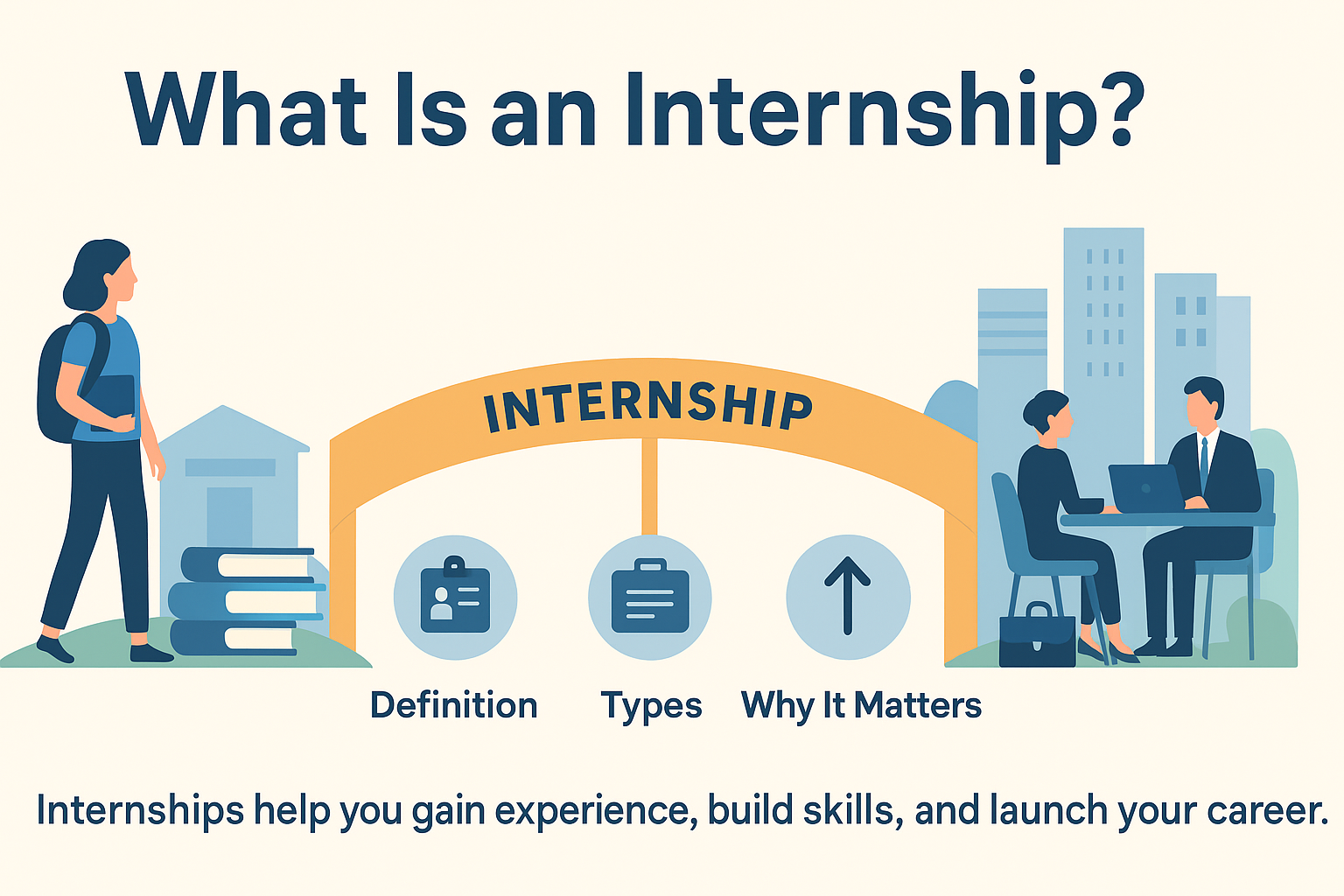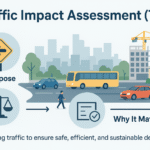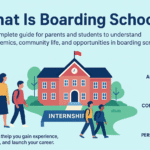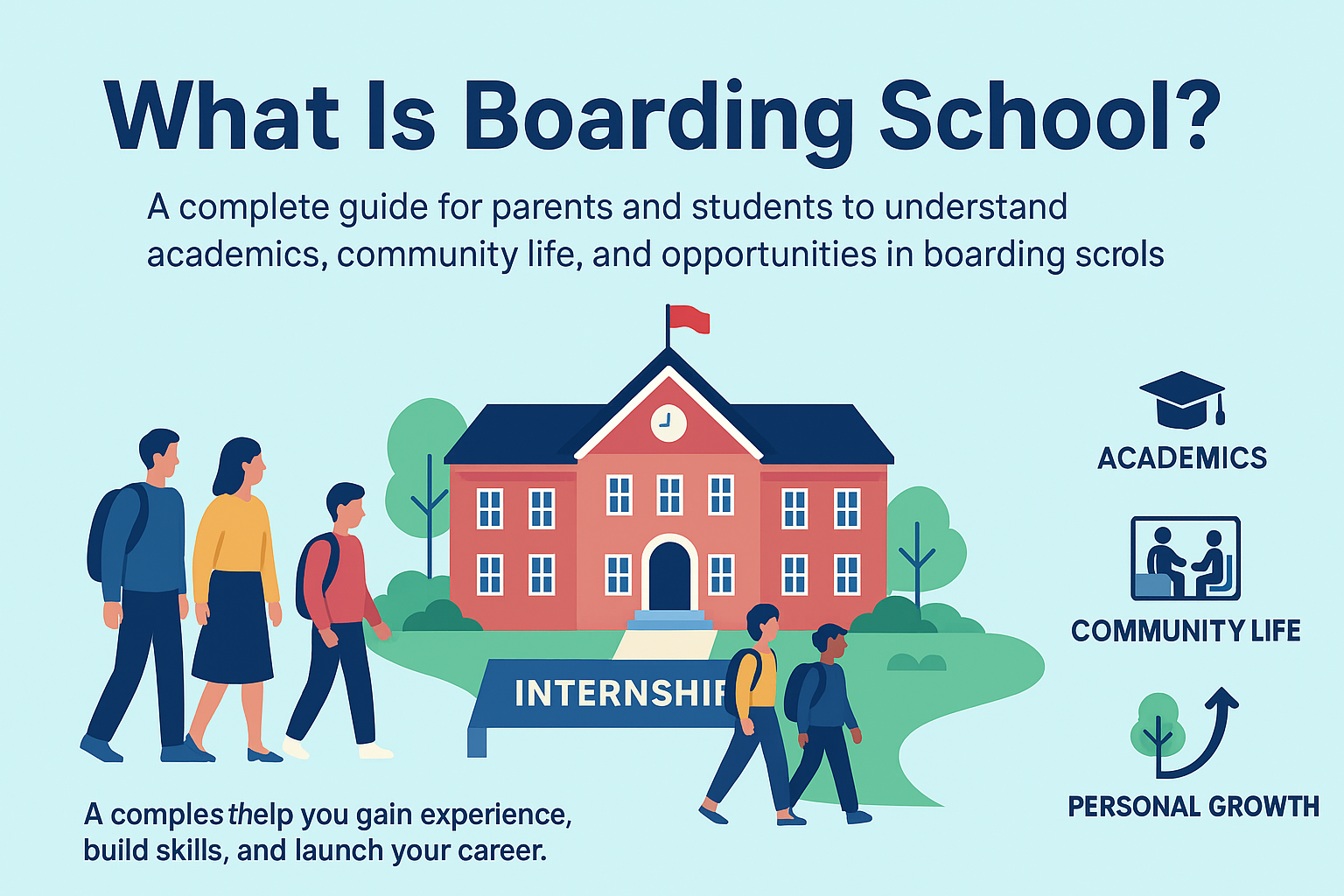In today’s competitive job market, internships have become more than just an option — they are often a requirement for career success. If you’re a student, recent graduate, or someone exploring new career paths, you’ve probably heard the term countless times. But what is an internship, really? And why is it considered such an essential stepping stone to landing a dream job?
This guide breaks down everything you need to know about internships — from definitions and types to benefits, challenges, and future trends.
What Is an Internship?
An internship is a temporary work experience offered by companies, non-profits, or organizations, designed to give individuals practical exposure in a professional environment. Unlike a full-time job, internships are typically short-term, ranging from a few weeks to several months, and are often linked to academic programs or career preparation.
At its core, an internship bridges the gap between classroom learning and real-world application. It allows students or early-career professionals to apply theory, gain skills, and understand industry dynamics before committing to a full-time role.
Internship vs. Apprenticeship vs. Job
- Internship → Short-term, mostly for gaining experience; may or may not be paid.
- Apprenticeship → Longer-term, structured training, usually in skilled trades.
- Job → A full-time or part-time paid role with responsibilities and long-term career goals.
Types of Internships
Not all internships look the same. Depending on your field, career goals, or even location, internships can take different forms. Here are the most common types:
- Paid Internships
- Offer monetary compensation.
- Common in industries like tech, finance, and engineering.
- Unpaid Internships
- Focused on learning opportunities rather than financial benefits.
- Still valuable for building experience and networks.
- Remote Internships
- Conducted online, allowing students to work from anywhere.
- Popular in media, IT, marketing, and research roles.
- In-Person Internships
- Traditional office or on-site experience.
- Provides more exposure to workplace culture and direct mentoring.
- Summer Internships
- Usually 8–12 weeks, aligning with academic breaks.
- Highly sought after by university students.
- Co-op Programs
- Alternating semesters of study and full-time work.
- Typically longer and integrated with a degree program.
Purpose of an Internship
So, why do internships exist? The primary purpose is mutual benefit — employers get fresh perspectives, and interns get learning opportunities.
- Hands-on Experience: Applying classroom knowledge in real scenarios.
- Exploration: Testing if a career path is right for you before committing.
- Networking: Building relationships with mentors, colleagues, and industry professionals.
- Skill Development: Learning technical skills, communication, teamwork, and problem-solving.
Benefits of Doing an Internship
The advantages of internships go far beyond padding your resume. Here’s why they matter:
- Boost Employability: Employers often prioritize candidates with internship experience.
- Practical Knowledge: You learn how industries truly function.
- Resume & Portfolio Building: Real projects to showcase in applications.
- Confidence Building: Exposure to professional environments helps reduce career anxiety.
- Job Offers: Many internships convert into full-time positions after completion.
In fact, studies consistently show that graduates with internship experience have higher employment rates and faster career progression compared to those without.
Internships Across Different Fields
Internships are not one-size-fits-all. They vary depending on the industry:
- Business & Finance → Banking, consulting, accounting, marketing.
- Technology & IT → Software development, cybersecurity, AI research.
- Healthcare → Medical research, hospital administration, echo tech internships.
- Creative Industries → Fashion, journalism, film, design, social media marketing.
- Non-Profit & Government → Policy research, community programs, NGOs.
How to Get an Internship
Securing an internship requires preparation and strategy. Here’s how to start:
- Research Opportunities
- Job boards, company websites, and career fairs are great places to begin.
- Many universities also maintain internship databases.
- Craft a Winning Resume
- Highlight relevant coursework, skills, and small projects.
- Even if you lack experience, employers value enthusiasm and initiative.
- Leverage Networking
- Use LinkedIn, alumni connections, and professors.
- Sometimes, referrals open doors that job boards can’t.
- Prepare for Interviews
- Be ready to explain why you want the role and what you hope to learn.
- Consider Remote & International Internships
- Expand your options beyond local companies.
Challenges of Internships
While internships are beneficial, they come with challenges too:
- Unpaid Work: Not all internships are financially rewarding.
- Time Management: Balancing studies, part-time jobs, and internships can be tough.
- Lack of Structure: Some internships don’t provide enough mentorship or training.
- Competition: Popular internships can be very competitive.
The Future of Internships (2025 and Beyond)
Internships are evolving with the job market:
- Rise of Virtual Internships: Digital work environments are here to stay.
- Global Opportunities: Students can now intern with international companies without relocating.
- Skill-Focused Training: Employers are seeking interns with digital literacy, adaptability, and creative problem-solving.
- AI & Automation: More internships may include exposure to cutting-edge technologies.
Conclusion
So, what is an internship? It’s more than just a short-term job — it’s a career launchpad. From developing skills and building networks to exploring industries and boosting employability, internships are one of the smartest moves a student or young professional can make.
Whether you choose a summer internship, a remote position, or a co-op program, the experience you gain will shape your career path in powerful ways. If you’re serious about standing out in the job market, start looking for internship opportunities today — your future self will thank you.




